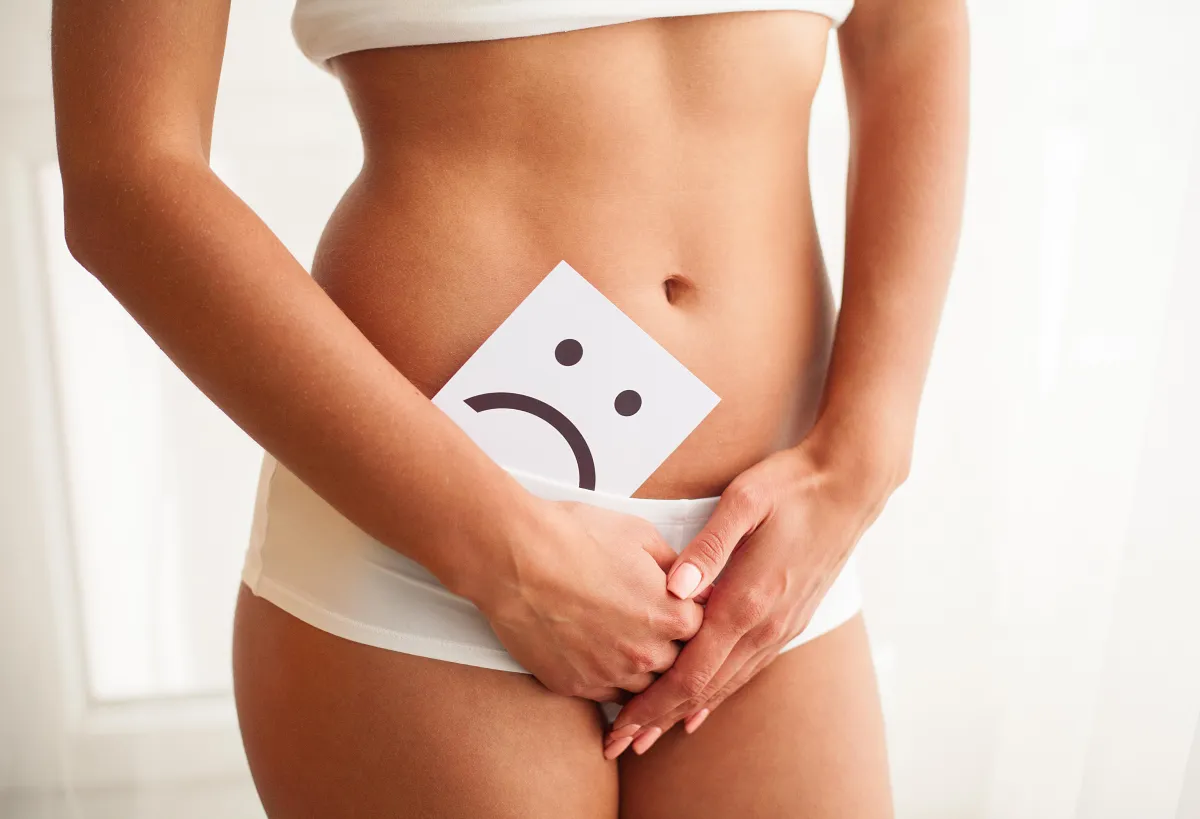Menstrual problems: Gut Health
Menstrual problems include irregular cycles, painful periods, heavy bleeding, and conditions like PCOS and PMDD, often requiring medical evaluation and treatment tailored to individual needs.

Description of Menstrual problems:
Menstrual problems encompass a variety of issues related to the menstrual cycle, including irregularities in timing, duration, and related symptoms.
Here are some common menstrual problems and their details:
Dysmenorrhea (Painful Periods): Many individuals experience painful periods due to the release of prostaglandins, endometriosis, fibroids, or pelvic inflammatory disease. Symptoms include severe cramps, back pain, nausea, and headaches. Treatment options include pain relief medications like NSAIDs, hormonal contraceptives, lifestyle changes, and heating pads.
Menorrhagia (Heavy Menstrual Bleeding): This condition is characterized by excessive bleeding and prolonged periods, often leading to anemia. Common causes include hormonal imbalances, fibroids, polyps, and bleeding disorders. Treatments may involve hormonal therapy, tranexamic acid, iron supplements, and surgical interventions if necessary.
Oligomenorrhea (Infrequent Periods): This refers to irregular menstrual cycles with fewer periods, typically due to hormonal imbalances, high stress, rigorous exercise, or polycystic ovary syndrome (PCOS). Treatments include hormonal therapy and lifestyle adjustments.
Amenorrhea (Absence of Menstruation): The absence of menstruation can result from pregnancy, breastfeeding, menopause, hormonal imbalances, excessive exercise, or eating disorders. Treatment focuses on addressing underlying causes and may involve lifestyle changes or hormone therapy.
Premenstrual Syndrome (PMS): This is a common condition caused by hormonal changes, with symptoms like mood swings, bloating, fatigue, and irritability. Treatments range from lifestyle modifications and dietary changes to stress management and medications if symptoms are severe.
Premenstrual Dysphoric Disorder (PMDD): A severe form of PMS, PMDD involves extreme mood swings, depression, irritability, and anxiety, possibly related to serotonin sensitivity. Treatments might include antidepressants, lifestyle modifications, and cognitive-behavioral therapy.
PCOS Related Issues: PCOS involves hormonal imbalances, particularly high levels of androgens, leading to symptoms like irregular periods, acne, weight gain, and excessive hair growth. Treatment often includes lifestyle changes, medications to regulate menstruation, and fertility treatments if needed. Individuals experiencing menstrual problems should consult with a healthcare provider to diagnose the specific cause and receive appropriate treatment tailored to their needs.
Role of Gut Imbalances in Menstrual Problems:
Gut imbalances, or dysbiosis, can play an influential role in menstrual problems. Dysbiosis refers to a disruption in the normal balance of gut flora, which may contribute to various health issues, including those affecting the menstrual cycle.
The gut microbiome affects many bodily systems, including hormone regulation, which is crucial for a healthy menstrual cycle. Many women who experience PMS (Premenstrual Syndrome) or migraines may also have underlying gut health issues. PMS is characterized by symptoms such as mood swings, bloating, and headaches, which could be exacerbated by imbalanced gut flora.
The synthetic hormones used in contraceptive pills, frequently employed for managing menstrual symptoms, can also negatively affect gut flora, potentially worsening dysbiosis and its associated problems. An imbalanced gut can disrupt hormone levels by affecting the body's ability to metabolize and eliminate excess hormones, particularly estrogen. This can lead to conditions like estrogen dominance, where symptoms such as heavier menstrual bleeding, severe PMS, and hormonal acne occur.
Restoring gut health might involve dietary changes, the use of probiotics, and lifestyle adjustments aimed at improving gut flora diversity and function. By improving gut health, women may experience better hormonal balance and a reduction in menstrual-related symptoms. This highlights the important connection between a healthy gut and a balanced menstrual cycle, suggesting that addressing gut imbalances can be a vital step in managing menstrual problems.
